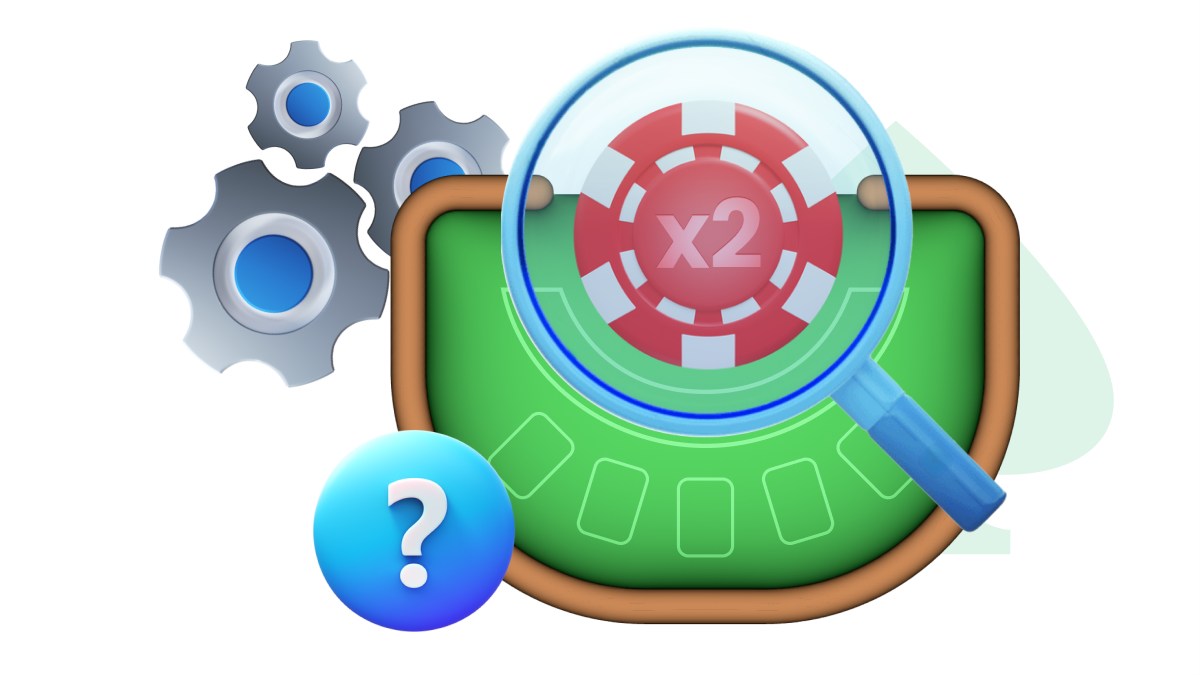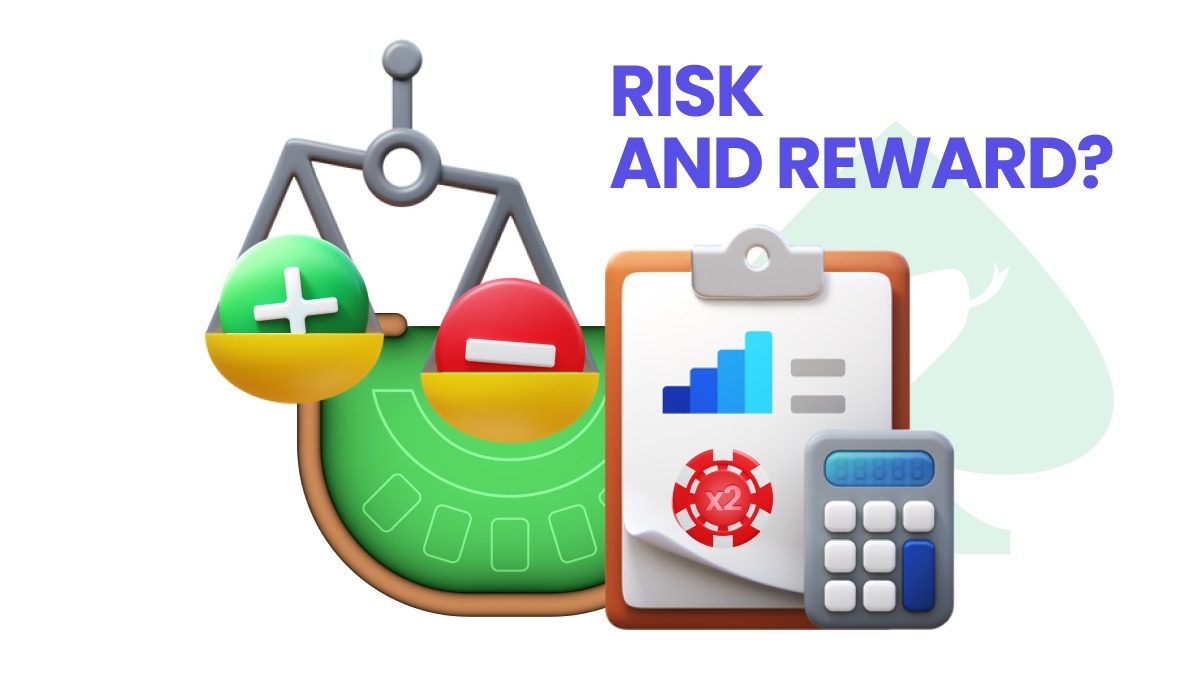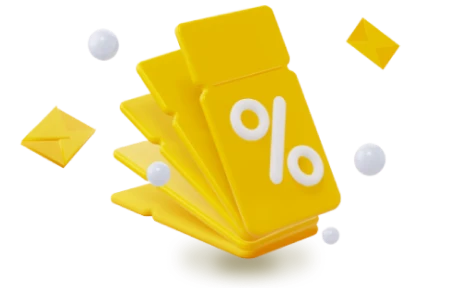Mastering the Blackjack Double Down Rule
Blackjack isn’t just about hoping for a perfect score. During each round, you can make choices that change outcomes — sometimes raising your win chance, sometimes hurting it. Once you know the basics, the next step is to learn deeper mechanics.
Double down lets you raise your wager at the right moments and lock in a single extra card. Used correctly, it boosts long-term results. This guide explains what doubling is, how it works, when to use it, and the risks involved.
What Does It Mean to Double Down?
After receiving your first two cards, you can choose to double your initial wager and take exactly one more card. After that single card, you must stand. If your final total beats the dealer, your payout is based on the doubled stake (paid 1:1). Note: a 21 made after doubling isn’t a natural blackjack, so it doesn’t pay 3:2.
Doubling is a high-leverage move. It raises profit on strong spots but also makes mistakes costlier. The key is knowing which starting hands and dealer upcards justify the extra risk.
How Does Double Down Work?
Online tables show a clear “Double” button once your two cards appear. In a live game, announce “double” and place chips equal to your original wager next to the first bet. You’ll receive one card only, then the dealer finishes the round.
Rule Variations That Affect Doubling
Basic strategy changes slightly by table. Check these items before you play:
- Dealer on soft 17 (S17 vs H17): Some tables have the dealer stand on soft 17 (S17); others hit (H17). H17 makes the dealer a bit stronger and can shift a few double spots (for example, 11 vs Ace may be a double at H17 but a hit at S17).
- Doubling permissions: Some tables allow doubling on any two cards; others restrict it to 9–11 or 10–11 only.
- Double after split (DAS): If allowed, you can split a pair and still double on the new two-card hands — a valuable option.
- Decks in use: Multi-deck vs single-deck games can nudge the edges and a few close decisions.
When to Double Down (Quick Reference)
The chart below shows common double spots for multi-deck games. Use it as a guide; adjust if your table uses H17 or restricts doubles.
| Your Hand | Dealer Upcard | Action |
|---|---|---|
| Hard 9 | 3–6 | Double (otherwise hit) |
| Hard 10 | 2–9 | Double (vs 10 or Ace: hit) |
| Hard 11 | 2–10 | Double |
| Hard 11 | Ace | Hit at S17; consider double at H17 |
| Soft 13–14 (A,2 / A,3) | 5–6 | Double (otherwise hit) |
| Soft 15–16 (A,4 / A,5) | 4–6 | Double (otherwise hit) |
| Soft 17 (A,6) | 3–6 | Double (otherwise hit) |
| Soft 18 (A,7) | 3–6 | Double; stand vs 2,7,8; hit vs 9,10,A |
Doubling Down on Soft Hands
Soft hands (any hand with an Ace counted as 11) give room to improve without busting. That safety net makes doubling attractive against weak dealer upcards. Soft 13–18 can be doubles as shown in the chart — your aim is to catch a 2–3 card that lands you on a strong standing total while the dealer starts from a poor position.
Doubling Down on Hard Hands
Hard 9–11 is the classic window. Hard 9 needs a weak dealer upcard (3–6). Hard 10 usually doubles against 2–9. Hard 11 doubles almost always, with the Ace caveat noted above. Hard 12+ should not be doubled; the bust risk and limited gain make it a poor trade.
How to Double Down (Online vs Live)
Online: Press the “Double” button; the stake doubles and one card arrives immediately. The interface locks the hand after that card.
Live: Tell the dealer you want to double and add chips equal to your original bet. You receive one card only, then wait for the dealer’s finish.
Step-by-Step Example
- Two cards are dealt to you; one upcard is dealt to the dealer.
- You read the upcard and your total, compare to the chart, and decide.
- You double; your stake increases to twice the original.
- You receive a single card and must stand.
- The dealer completes the hand and the round is settled.
Risks and Rewards
Doubling magnifies both outcomes. Correct doubles raise long-term return and trim the casino advantage; poor doubles do the opposite. Set limits, keep bets consistent, and only raise stakes when the matchup (your total vs the upcard) is strong.
-
Advantages
- Higher payout on your best spots.
- Reinforces disciplined, chart-based play.
- Helps reduce the casino advantage over time.
-
Disadvantages
- Losses are larger when the card is poor.
- Easy to overuse in marginal spots.
- Weak tables (no DAS, H17, tight double rules) offer fewer good chances.
Practical Tips
For New Players
- Start at small stakes and practise for free first.
- Learn the chart above before moving up.
- Prioritise hard 11 and hard 10 vs 2–9; skip close calls until you’re ready.
For Regulars
- Track rules (S17/H17, DAS). Adjust your doubles accordingly.
- With soft 18, double only vs 3–6; stand vs 2,7,8; hit vs 9,10,A.
- Keep records of tough spots to review later.
Common Mistakes
- Doubling hard 12+ or soft totals against strong dealer upcards.
- Ignoring table rules that shift close decisions.
- Chasing losses by doubling in poor spots.
- Using insurance — it raises the casino advantage.
Charlon MuscatCasino Fact Checker


 Charlon Muscat
Charlon Muscat








